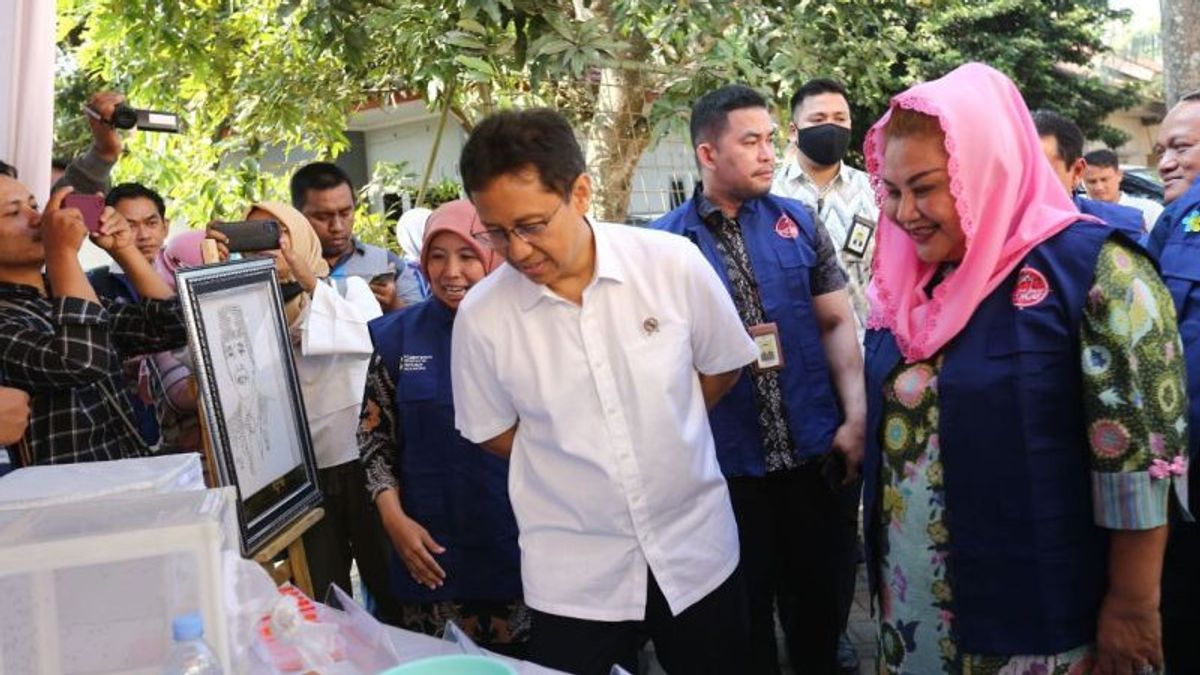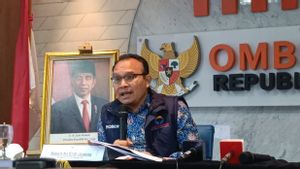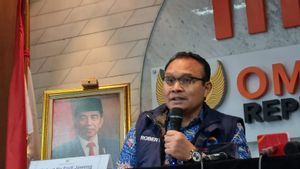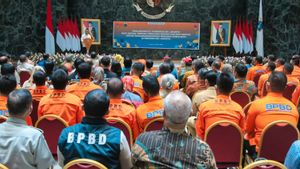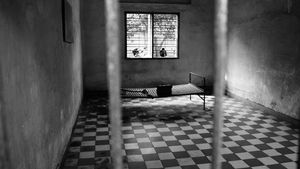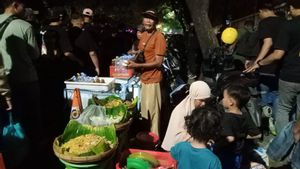Minister of Health Budi Gunadi Sadikin explained that the spread of mosquitoes containing Wolbachia bacteria is a new strategy to overcome the transmission of dengue hemorrhagic fever cases in Indonesia.
"DHF disease is one of the most contagious diseases that has occurred in Indonesia," said Minister of Health Budi Gunadi, during the launch of the implementation of Wolbachia Ing City (Wingko) Semarang, in Semarang as reported by ANTARA, Tuesday, May 30.
The strategy intended is to spread the Aedes Aegypti mosquitoes as a "vector" for dengue diseases that have been injected with Wolbachia bacteria so that they can then marry other mosquitoes.
Wolbachia bacteria are known to paralyze the dengue virus so that when the Aedes Aegypti mosquito bites humans it will not spread the dengue virus to the human body.
"This is planned for us to use biotechnology for mosquitoes that have the potential to transmit dengue fever. We make it, rough, barren, yes. So, he cannot transmit viruses that can cause dengue disease," he said.
According to him, the research has been carried out and tested in Yogyakarta and has succeeded so that it will be replicated in five major cities, namely Semarang, West Jakarta, Bontang, Kupang, and Bandung.
"These five cities will be financed by the Ministry of Health, plus one city will be financed by the Australian Government. Semarang is very fast, Mrs. Mayor is supported by the provincial Health Office so that the launch (launching) is the first time in Semarang," he said.
Meanwhile, the Mayor of Semarang, Hevearita Gunaryanti Rahayu, expressed his commitment to controlling dengue disease through the implementation of Wingko Semarang, supported by the Provincial Health Office and the Ministry of Health.
"Alhamdulillah, Semarang became the first 'pilot project' in Indonesia. It is hoped that with this 'pilot project', we hope that the dengue case will decrease," said Ita, Hevearita's nickname.
He admitted that Semarang City was high in dengue cases, especially in Tembalang District with densely populated contours, many trees, and puddles, so that it became a pilot for the implementation of Wingko Semarang.
另请阅读:
"In the city of Semarang there are around 200 cases of dengue fever, and specifically for Tembalang the highest. There were 12 cases that died (due to dengue fever), one of which was from Tembalang," he said.
The implementation of Wingko Semarang has only seen a minimum of six months because it takes mosquitoes to mate, include Wolbachia bacteria, and reproduce so that continuous evaluation will be carried out.
"This waits six months for the mosquito process to mate first. Eggs become larvae, that's just two weeks. Later we can evaluate, monitor, for six months, then to other areas," he said.
The English, Chinese, Japanese, Arabic, and French versions are automatically generated by the AI. So there may still be inaccuracies in translating, please always see Indonesian as our main language. (system supported by DigitalSiber.id)
